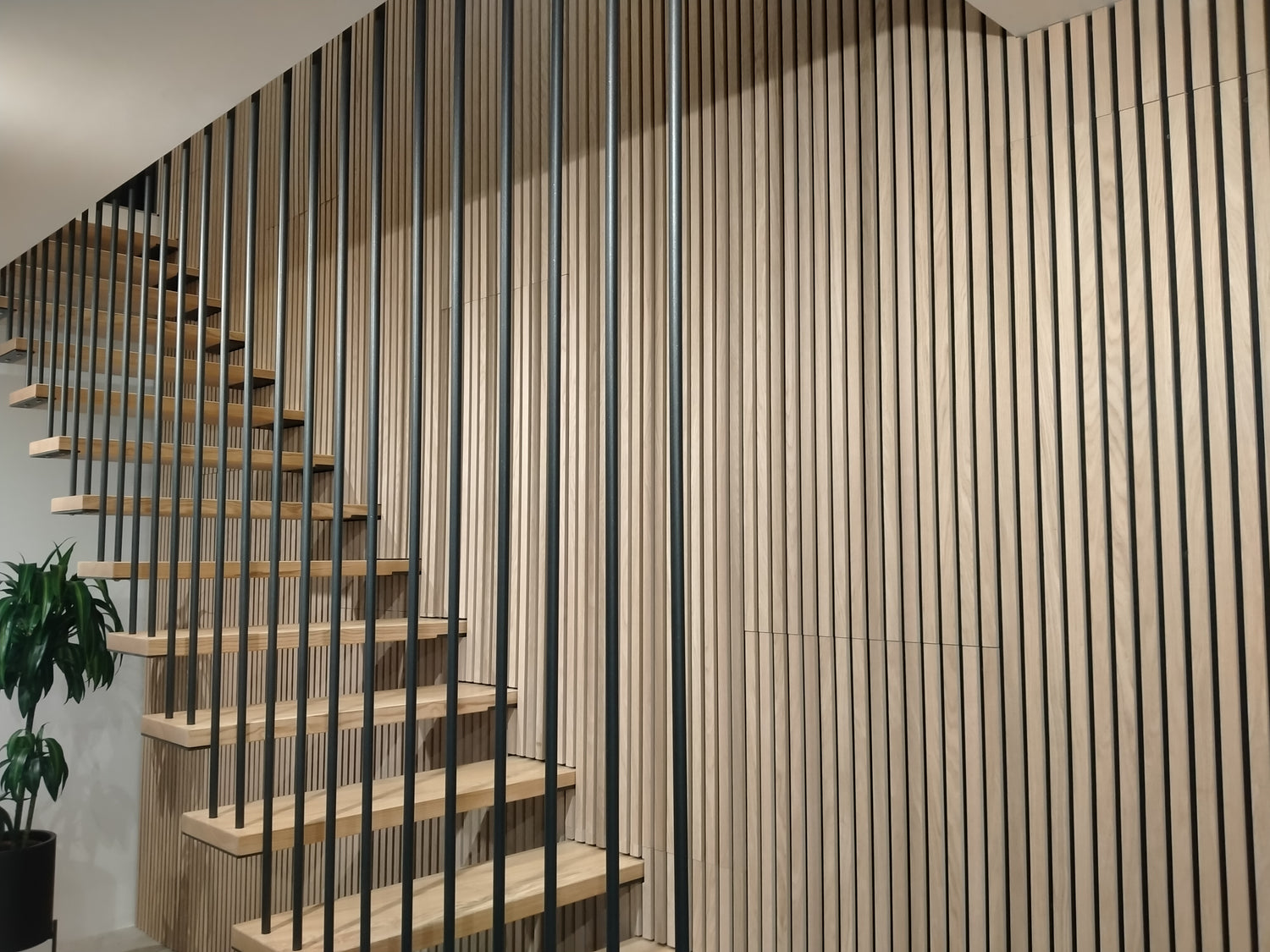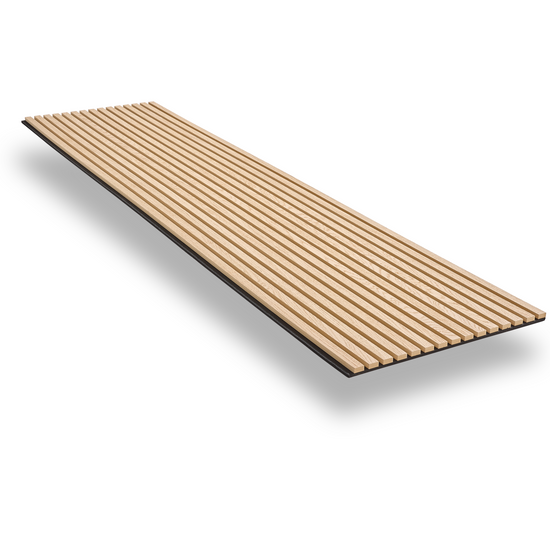The 4 benefits of a properly soundproofed room

The 4 benefits of a properly soundproofed room
Hearing never sleeps and noise is one of our biggest invisible enemies . An enemy as dangerous to health as air pollution, being present everywhere.
Over time, our interior environments have evolved and so have our ears. They have adapted to this modern life and in this context, they no longer perceive sounds in the same way : They are distorted, bounce off surfaces and make our hearing unclear.
Today, most buildings are not suitable for our proper use and awareness of this threat unfortunately remains too low.
Why does my piece reason?
You've probably noticed: An empty room resonates more than a furnished room , but do you know how to explain it? Is this the optimal solution?
The higher the volume in a room, the more it will be prone to reverberation , particularly if it is empty. Sound consists of sound waves that hit your ears and are also reflected in your room. They hit the surfaces of your room (walls, floor, ceiling and furniture) then bounce back until they go out . This is called reverberation.
When sound travels across a hard, flat wall, it is not absorbed by that wall so it bounces back until it slowly fades away . It is not enough to furnish a room to reduce its reverberation, at least not in any random way. If you furnish your interior with flat, rigid surfaces, your room may make less noise, but it will still make noise .
Before giving you the best practices, let's discover together the benefits of good acoustic management in our living spaces.
Wearing earplugs or noise-reducing headphones promotes concentration and peace of mind.
However, we shouldn't need it in our home. In an empty or poorly soundproofed room, the slightest noise can become very annoying for our hearing, consciously or completely unconsciously.
Reducing the reverberation in your room will reduce the number of sounds the brain has to process, allowing it to focus on the other senses . When there are no external noises to process, we can hear ourselves think . The mind can return to conversations, thoughts or emotions, which improves our memory.
Throughout our evolution, our brains have continued to associate noise with danger . Sound is a signal that naturally triggers stress, whether we like it or not.
Reducing noise pollution means focusing on what we see, what we smell, our thoughts, our taste or our tactile sensations. It means promoting emotions and intentions while releasing tensions in the body and mind. Researchers also observed that total silence promoted relaxation even more than any relaxing music.
A noise-free night and quiet moments during the day significantly improve the quality of sleep and rest.
Sleep disrupted by noise can be a cause of insomnia , fatigue, exhaustion, and even depression.
Obviously, our benefits come together: By being less tired , you will be more concentrated and less stressed !
All unwanted or annoying noises are considered to be pollution or noise disturbances . They disrupt our daily activities and harm our quality of life.
The higher the intensity and duration of exposure to noise pollution, the greater its effects can be.
Silence creates space to think, concentrate and improve your health and physical and mental well-being . Once you have tasted the benefits of silence at home, you will look for new opportunities to appreciate the absence of noise throughout the day and your life.
Sound is something that bounces around and dies out slowly , so the quicker it dies down, the less reverberation there will be in your room.
When working on creating good acoustics in a room, you need to control the reflections in your room so that the sound is stopped or damped as much as possible.
To do this, we generally install absorbent materials on reflective surfaces such as walls or ceilings . There are several types of sound absorption materials but it's not just about soundproofing, we're talking about dressing one of your living rooms .
You could use simple acoustic foams but your living room is not a recording studio ... This is why we developed Acoupanneaux : class A acoustic panels (the highest available sound classification that exists). ).
Our panels are made up of two layers:
- Acoustic felt (made from recycled plastic) absorbs sound waves as they hit the panels. This means that the sound will not reflect into the room, but will be absorbed by the panel.
- Wooden slats or battens will also attenuate the sound, but in another way.
These two layers also have two actions, they break up the sound before absorbing it , which makes the absorption more effective because the sound is less powerful.
Do you have poor acoustics at home?
The Acoupanneau is a very good decoration tool and you understand: A formidable material for good soundproofing .
If you don't want to cover your entire wall with acoustic panels, note that sound is a wave , meaning it travels in all directions. This is why it makes sense to distribute the panels evenly throughout your room.
Good acoustics make people happier and healthier. Everyone benefits, becomes more active and more productive. Creating an acoustic environment in our living spaces will help improve learning, productivity and stress!
-

Discover our Acoupanneaux
I discover -
Test our samples
I discover







